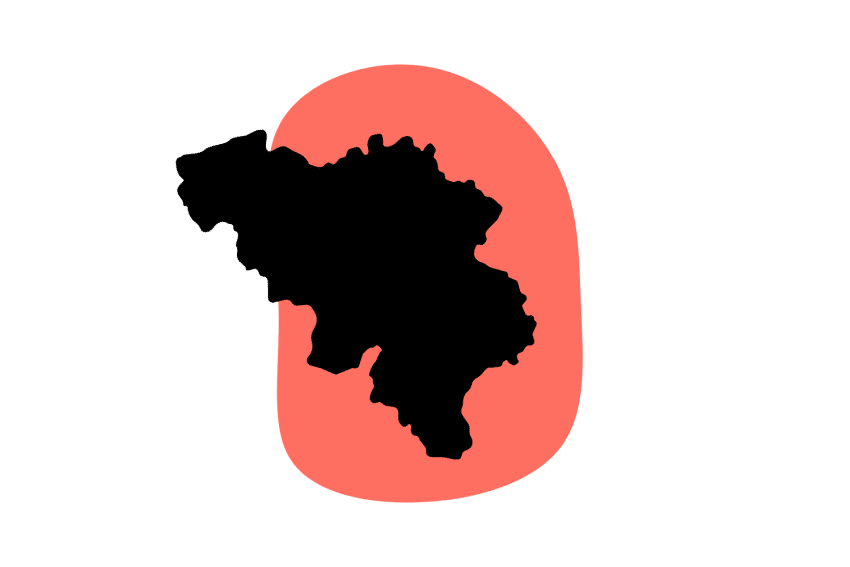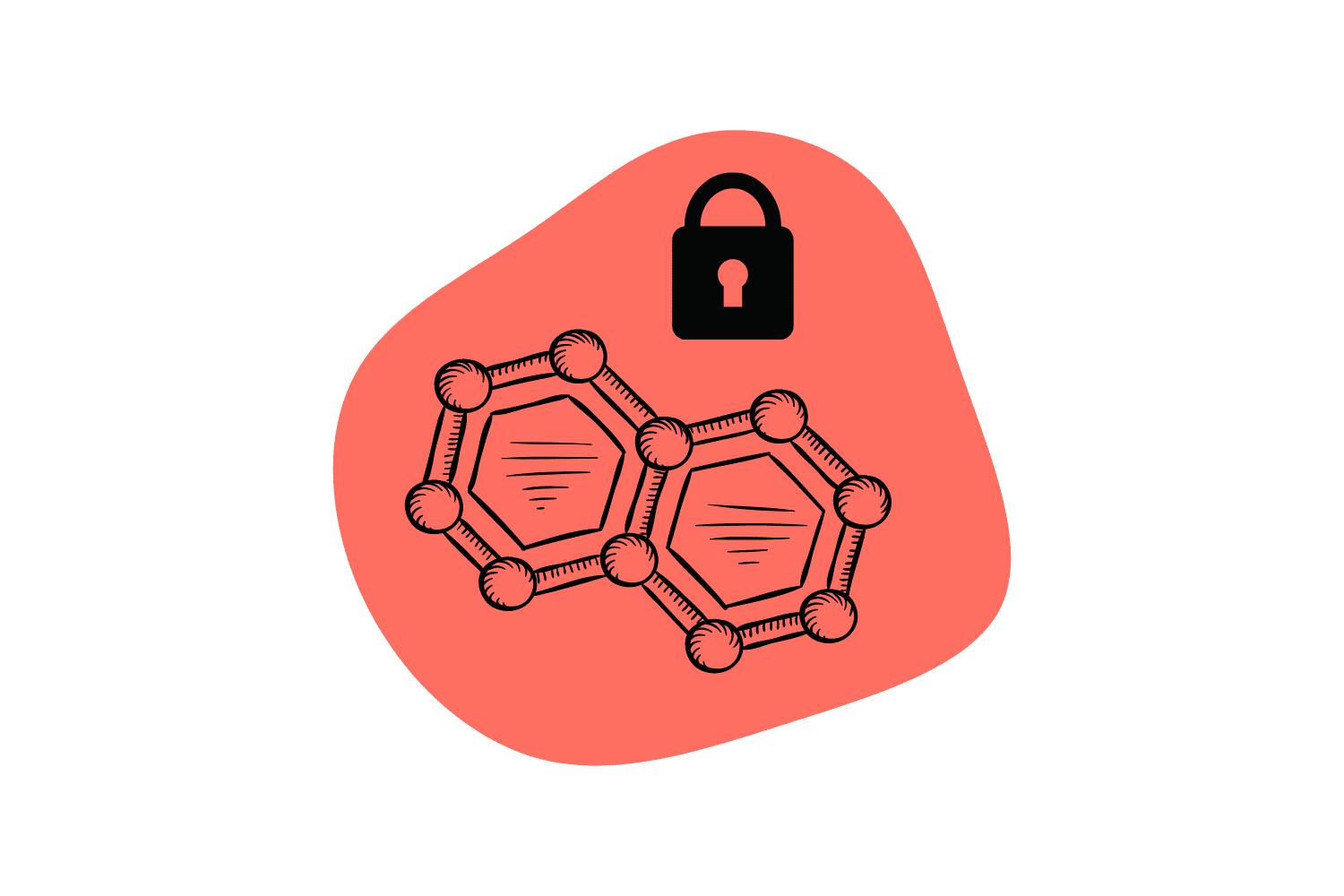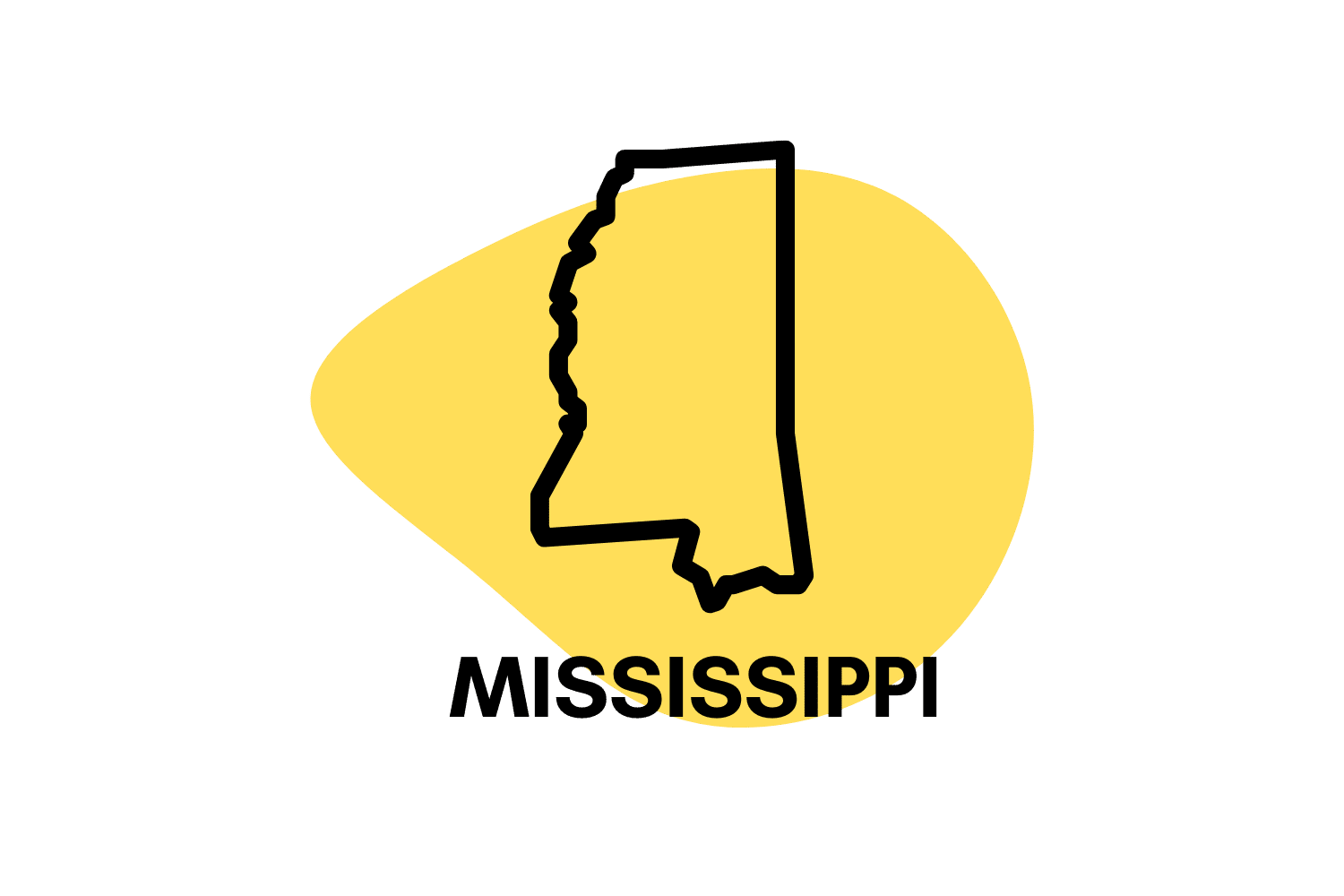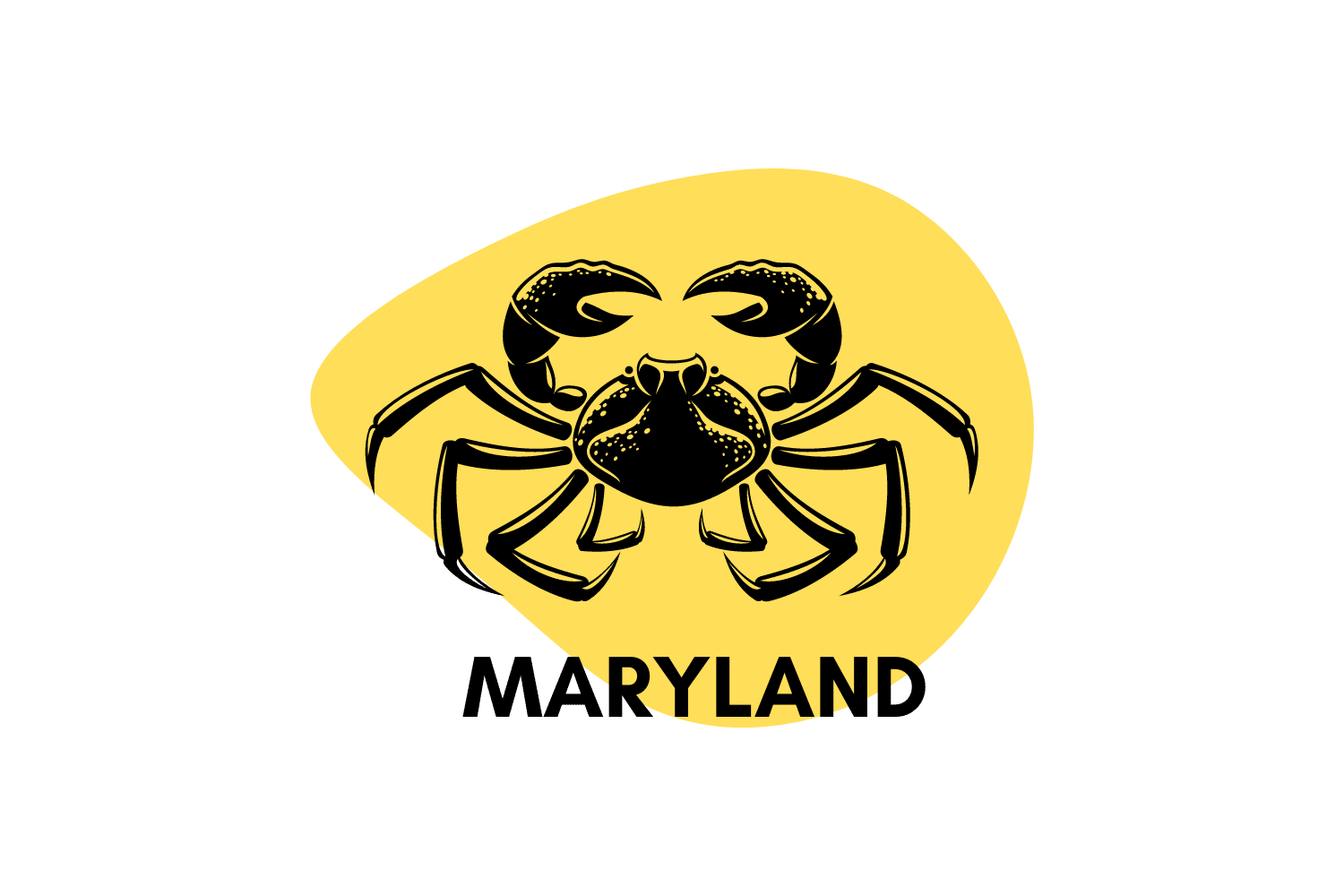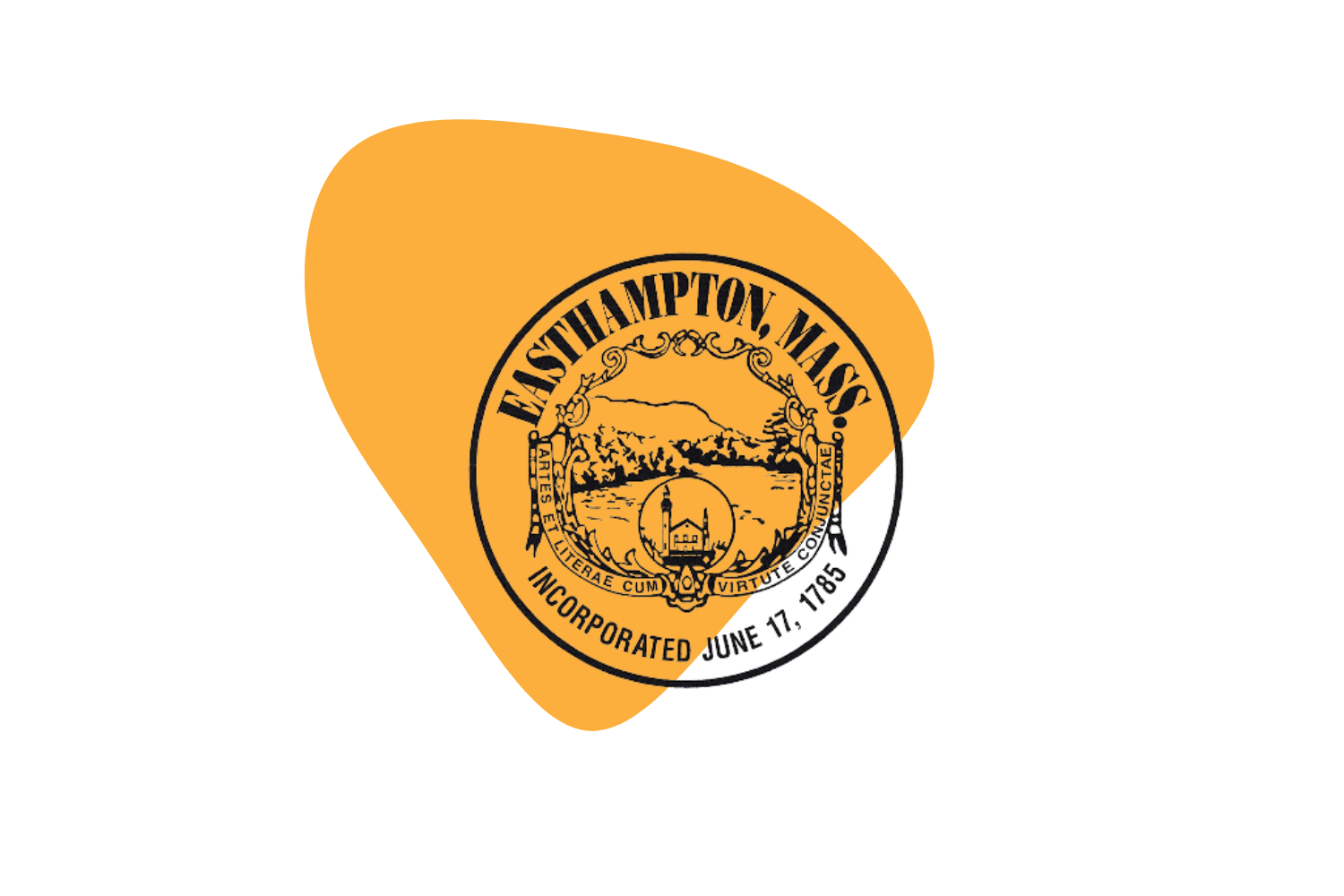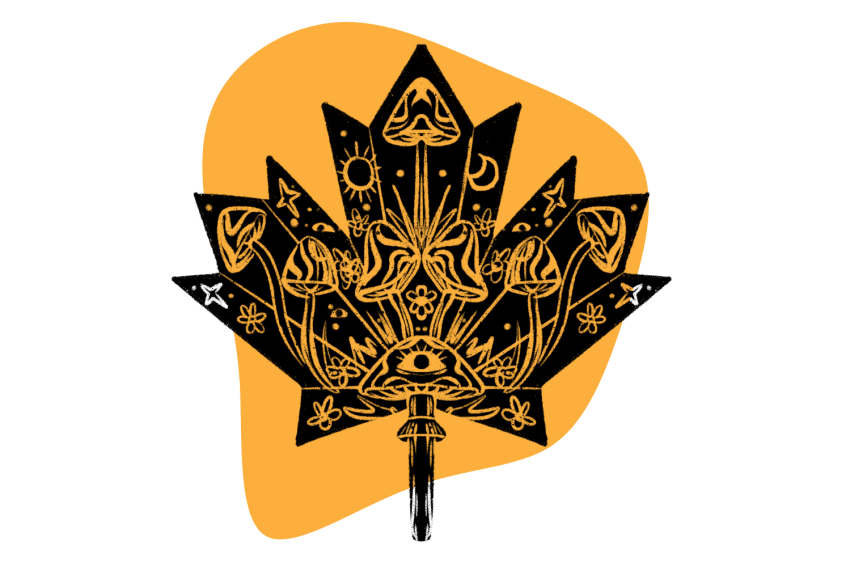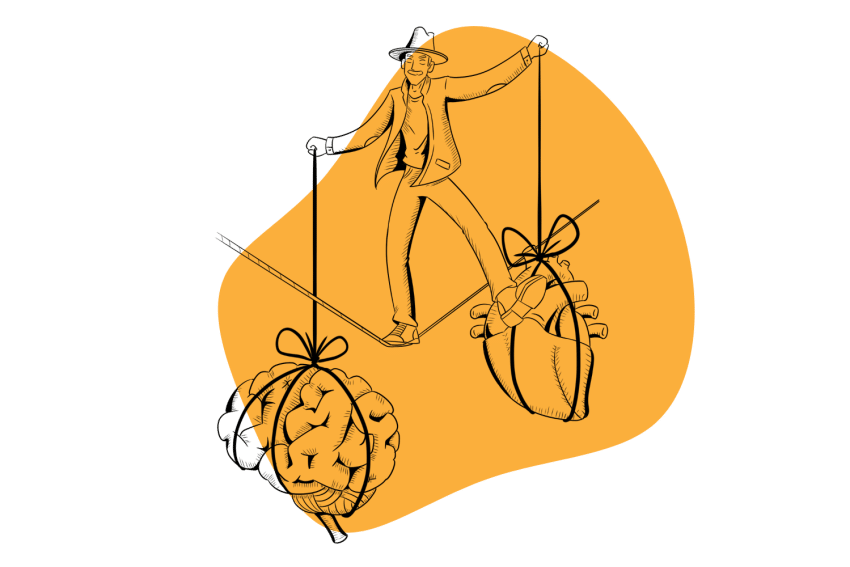Psychedelic Drug Laws in Montana
Montana’s Wild West image is modernized just a little now that weed is legal, but psychedelics are still as illegal as ever.
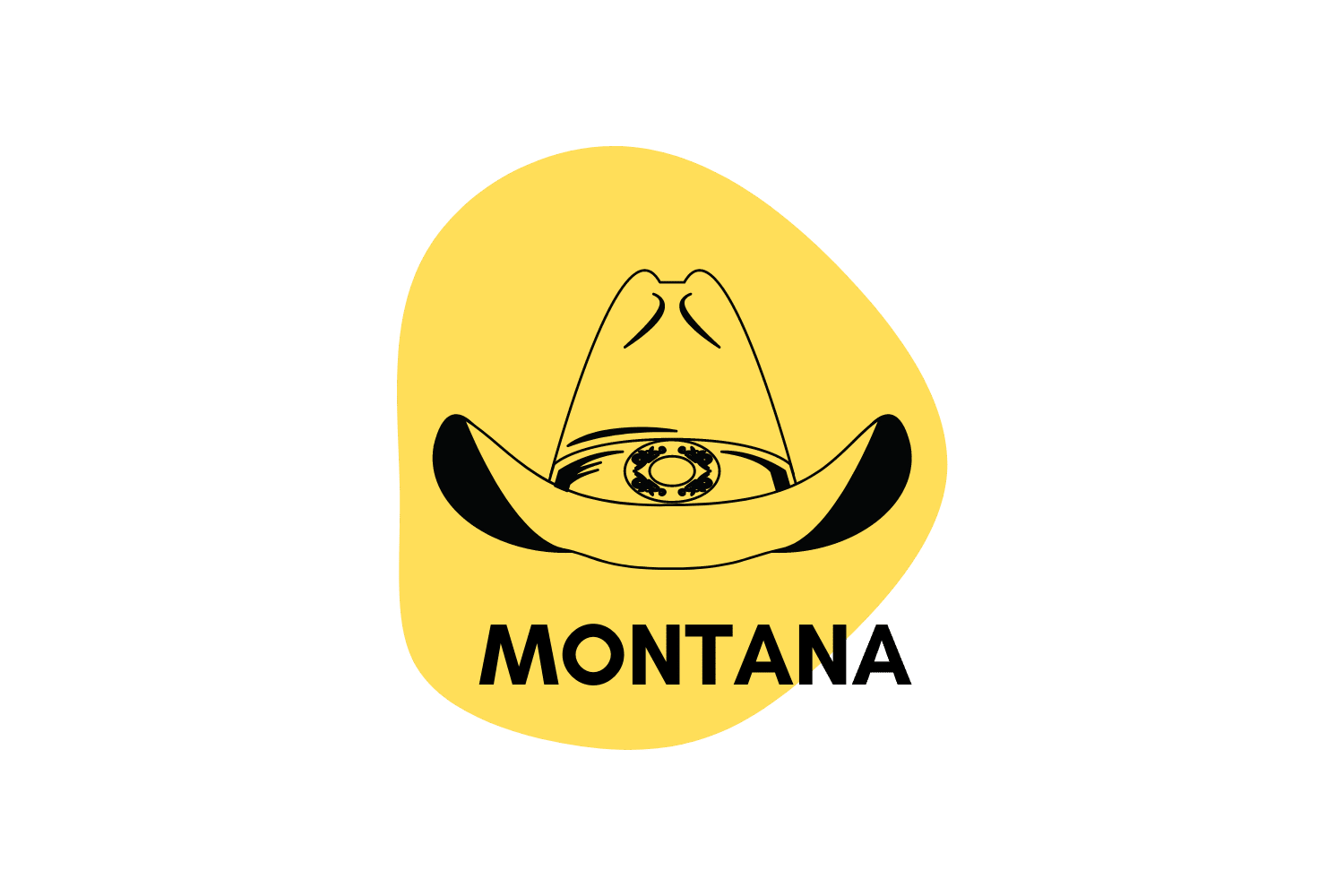
Magic mushrooms contain psilocybin, a substance illegal in most parts of the world.
However, more and more people use this fungus both recreationally and medicinally. Countries such as Mexico, Peru, and Costa Rica allow it due to cultural reasons, but they’re still prohibited for recreation.
Learn about the legality of magic mushrooms, LSD, ketamine, MDMA, DMT, and more in the state of Montana.
Are Magic Mushrooms Legal in Montana?
No. Magic mushrooms are illegal in most of the United States, and, unfortunately, Montana is no exception.
In Montana, psilocybin is defined as a Schedule I controlled substance according to Code Annotated 50-32-222. Possessing magic mushrooms is a felony with a maximum of 5 years in jail and a maximum fine of $50,000
However, the good news is that, like most states, in Montana, you can freely buy or sell magic mushroom spores since they do not contain psilocybin.
Related: Magic Mushrooms 101: Everything You Need To Know.
Map of Magic Mushroom Laws in the US
Do Magic Mushrooms Grow Wild in Montana?
Many species of magic mushrooms grow naturally all over the world, except in Antarctica. This includes all states of the US and the rest of the American continent.
The main mushroom species in Montana include:
- Panaeolus cinctulus
- Psilocybe aztecorum
- Gymnopilus spp.
These types of mushrooms frequently appear in deposits, pastures, forests, and gardens.
What Are the Medicinal Uses of Shrooms?
There’s a strong trend in Europe and North America toward legalizing psilocybin for medical use. This is due to the discovery of the therapeutic benefits of this substance in recent years.
Johns Hopkins School of Medicine and other research institutions have been busily publishing new studies on the potential health benefits of magic mushrooms.
For example, recent studies show that psilocybin reduces depression, symptoms of PTSD, cluster headaches, and addiction.
Other studies show that psilocybin can help treat existential anxiety in people with terminal illnesses, improve problem-solving skills and boost creativity.
Is LSD Legal in Montana?
No. LSD (lysergic acid diethylamide) is illegal in Montana — like most other US states.
There are no current movements seeking to decriminalize or legalize LSD specifically — however, some lawmakers in Montana are attempting to decriminalize psychedelics as a whole.
If authorities catch you with LSD is a felony that carries a maximum of 5 years in prison and a maximum fine of $50,000.
In addition, any compounds derived from or related to substances considered Schedule I, such as LSD, are also banned. Therefore, 1P-LSD, AL-LAD, LSZ, and other similar lysergamide analogs are strictly prohibited.
Is MDMA Legal in Montana?
No. MDMA is also a Schedule I controlled substance, which means it doesn’t have any recognized medicinal uses in Montana.
However, this is likely to change in the next few months if the FDA approves MDMA for clinical use. MAPS has been paving the way toward federally-approved MDMA-assisted psychotherapy. The FDA is currently reviewing the application. Most experts anticipate the FDA to approve the application within the next few months.
However, personal or recreational use of MDMA will remain illegal in Montana regardless. Depending on the amount, you can spend up to 5 years in prison and receive $50,000 in fines for being caught with molly.
Is Ketamine Legal in Montana?
No. Montana‘s drug law considers ketamine a Schedule II controlled substance, which means that it is seen as slightly less dangerous than Schedule I drugs.
Ketamine is legal in clinical settings (mainly used for treating depression and PTSD) but remains illegal for recreational use.
The penalties are less harsh than Schedule I substance-related crimes, but you can still go to jail for possessing ketamine illegally.
What’s the Difference Between Legalization & Decriminalization
It’s a common mistake to confuse legalization with decriminalization. However, it’s crucial to understand the differences to avoid legal problems.
When a particular illegal activity is legalized, all penalties are removed. On the other hand, decriminalization simply reduces the penalties but doesn’t make it wholly lawful.
Decriminalization is the most likely outcome for psychedelics as a whole, while certain compounds may become legalized for medicinal use only (such as psilocybin, LSD, MDMA, and ketamine).

Key Takeaways: What’s the Future of Psychedelics in Montana?
Unfortunately, in Montana, drug laws are pretty harsh.
However, there is a definite trend to reverse the situation, both for medicinal and recreational use. Even if this happens in Montana, it’s not likely to occur within the next 12 months.
MDMA-assisted psychotherapy will likely become legal federally, which would apply to those in Montana unless local lawmakers decide to ban the substance independently.

